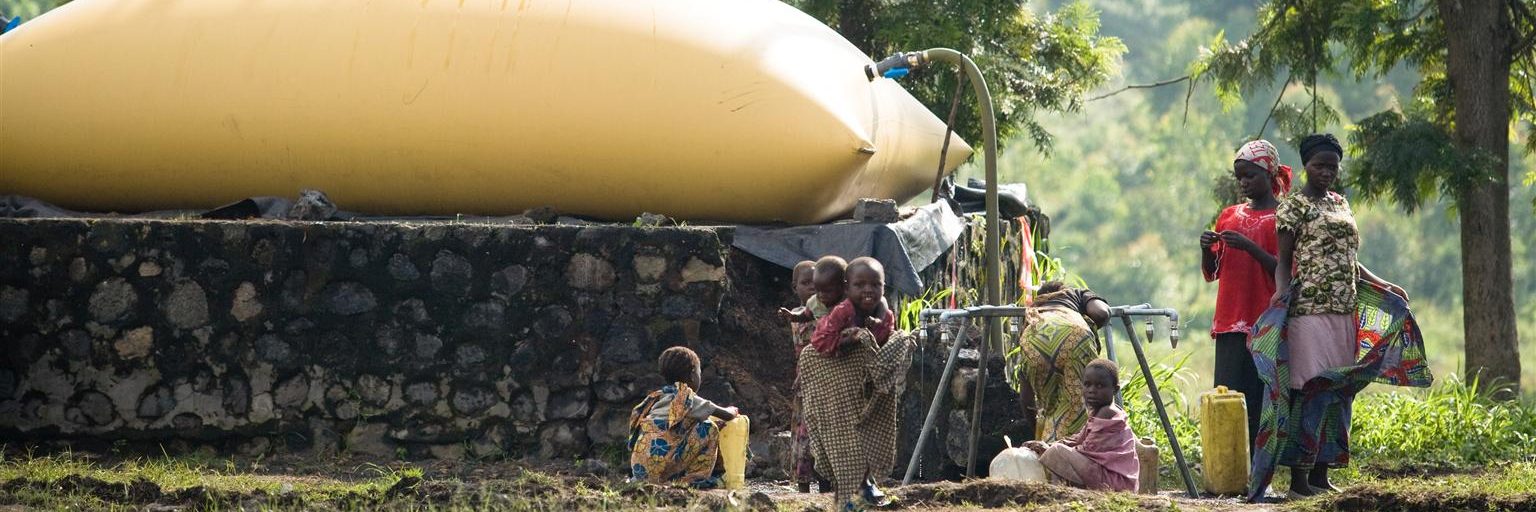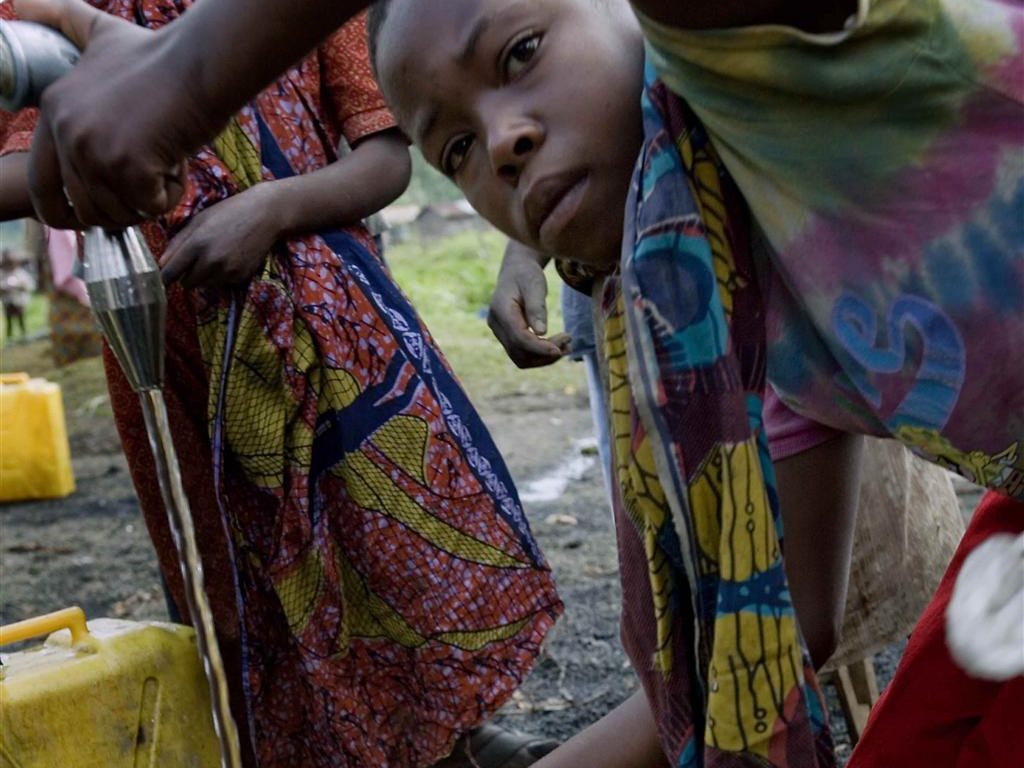Southern and eastern districts, Democratic Republic of the Congo
In collaboration with

2011
We dig wells to extract drinking water. We train and raise awareness about good hygiene practices.
Objectives
- Improve access to drinking water, hygiene and sanitation in rural and semi-rural communities in cholera-endemic areas.
Beneficiaries
20,000 direct
10,000 children, 5,000 woman and 5,000 men.

On the ground
Lack of access to drinking water and sanitation facilities. Little education to communities about hygiene practices. High infant mortality due to water-related diarrheal diseases.
In the Democratic Republic of the Congo, less than 29% of rural inhabitants have access to drinking water, and less than 31% have adequate sanitation facilities.
The lack of such basic services is a direct cause of diarrhoea, of which 14% of children under the age of five die annually, and epidemic outbreaks of cholera, which cause over 20,000 deaths per year, particularly in the provinces of Katanga, Orientale, North Kivu and South Kivu.

In detail
The project, which is located in the eastern and southern districts of the Democratic Republic of Congo, aims to eradicate cholera by improving access to safe water and sanitation facilities.
To achieve this, wells will be dug and water extraction sites will be established. The management, operation and maintenance of these wells will be the responsibility of the community itself, for which they will receive training and monitoring. In addition, volunteers and health workers will be trained and will carry out home visits to raise awareness and educate on good hygiene practices.
Through these initiatives, the following concrete results will be achieved:
- 20,000 people in 30 villages and areas close to cities will have better access to safe drinking water and be free from the threat of cholera.
- Some 20,000 people will have access to improved sanitation.
- 80% of households, which use hygienic latrines, will be able to carry out their maintenance.
- 80% of households could hygienically dispose of their own domestic waste.
- 60% of the population could be able to wash their hands before meals and after using latrines.
- 70% of the population could learn about the faecal-oral transmission of a disease and how to purify water at home.

